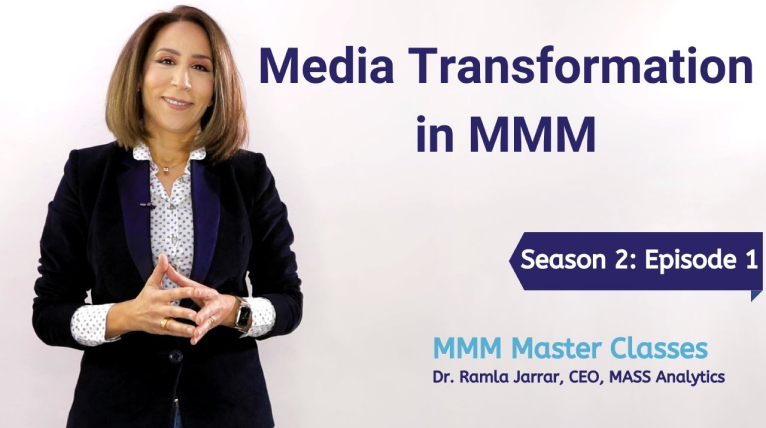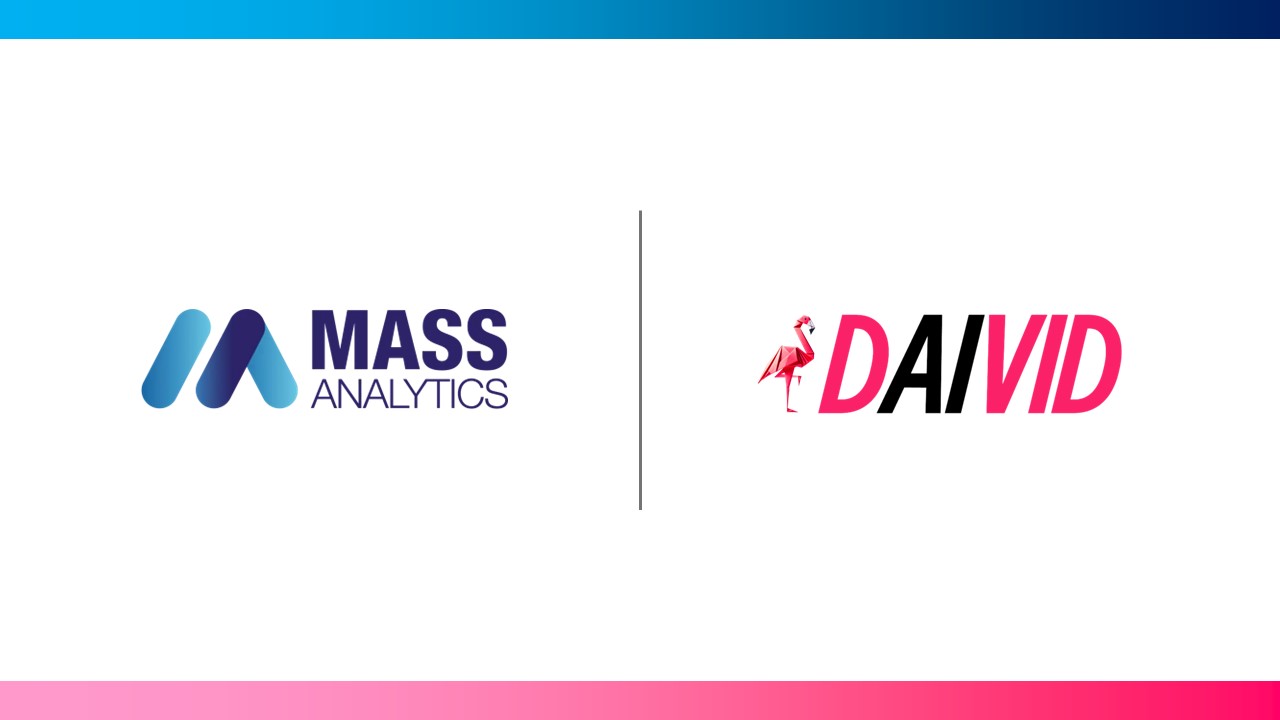Demystifying Marketing Mix Modeling
In this article we will be Demystifying Marketing Mix Modelling as an advanced marketing effectiveness measurement technique.
Our MMM Master Classes Series:
Consumer brands are continuously searching for the best tools and agency partners to help them uncover the best mix of channels to allocate their budgets and improve their sales and the ROI of their marketing investments.
Marketing Mix Modeling (MMM) is an advanced analytical technique that enables marketers to measure and improve the impact of their media and marketing efforts. According to interviews with practitioners, these methods can yield 20% to 30% improvement in the efficiency of marketing spending, primarily by optimising media (Gartner 2016).

MMM Masterclass – Season 1

MMM Masterclass – Season 2

MMM Masterclass – Season 3
However, most of the literature around Marketing Mix Modeling (both academic and professional) refer to these techniques as incredibly complex and resource-intensive, hence hindering the wider adoption of this technique. We cite:
- Complex analysis process: The complexity of Marketing Mix Modeling, which can require modeling more than 10K variables, is vulnerable to human error and overlooked opportunities which limit the depth of insights that may be provided.
- Long project duration: The average marketing effectiveness project has a turnaround time of 16 weeks, requiring substantial resources and headcount which otherwise could be deployed on other value-adding activities.
It is also commonly believed that Marketing Mix Modeling analytics are best suited for large companies that invest heavily on advertising and can hence afford to spend significant amounts in performance measurement. According to Gartner, Marketing Mix Modeling professional services reach regularly the mid-six figures with an average median price approaching the quarter of a Million US$ in the US. However, the Marketing Mix Modeling scenery is changing fast with companies of all sizes showing interest in adopting MMM techniques to measure the true impact of their marketing activities and optimizing their budgets. This need is fuelled by the rise in spending, the abundance of media channels and the good PR around the adoption of AI and Data Analytics techniques in the media industry.
To succeed the passage to a larger adoption of Marketing Mix Modeling techniques, it is important to consider the following two conditions:
- Adopt a technology that allows to run end-to-end MMM projects ensuring automation and scalability.
- Embrace a learning process to understand how MMM is performed and understand the different steps it entails for better output’s interpretation and results’ implementation.
In our effort to demystify the complexity of Marketing Mix Modeling, we intend to publish a series of educational articles where we try to explain the different phases involved in the process to encourage more companies and agencies, regardless of their sizes, to adopt Marketing Mix Modeling as a strategic way to rethink their marketing measurement, budget optimization and media planification.






